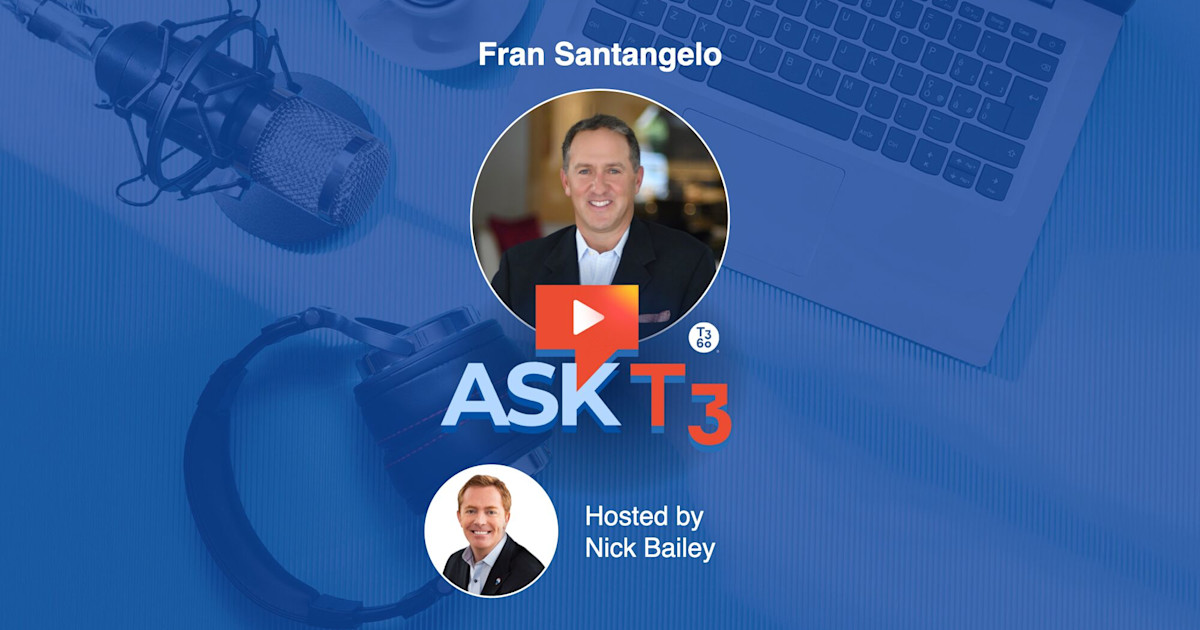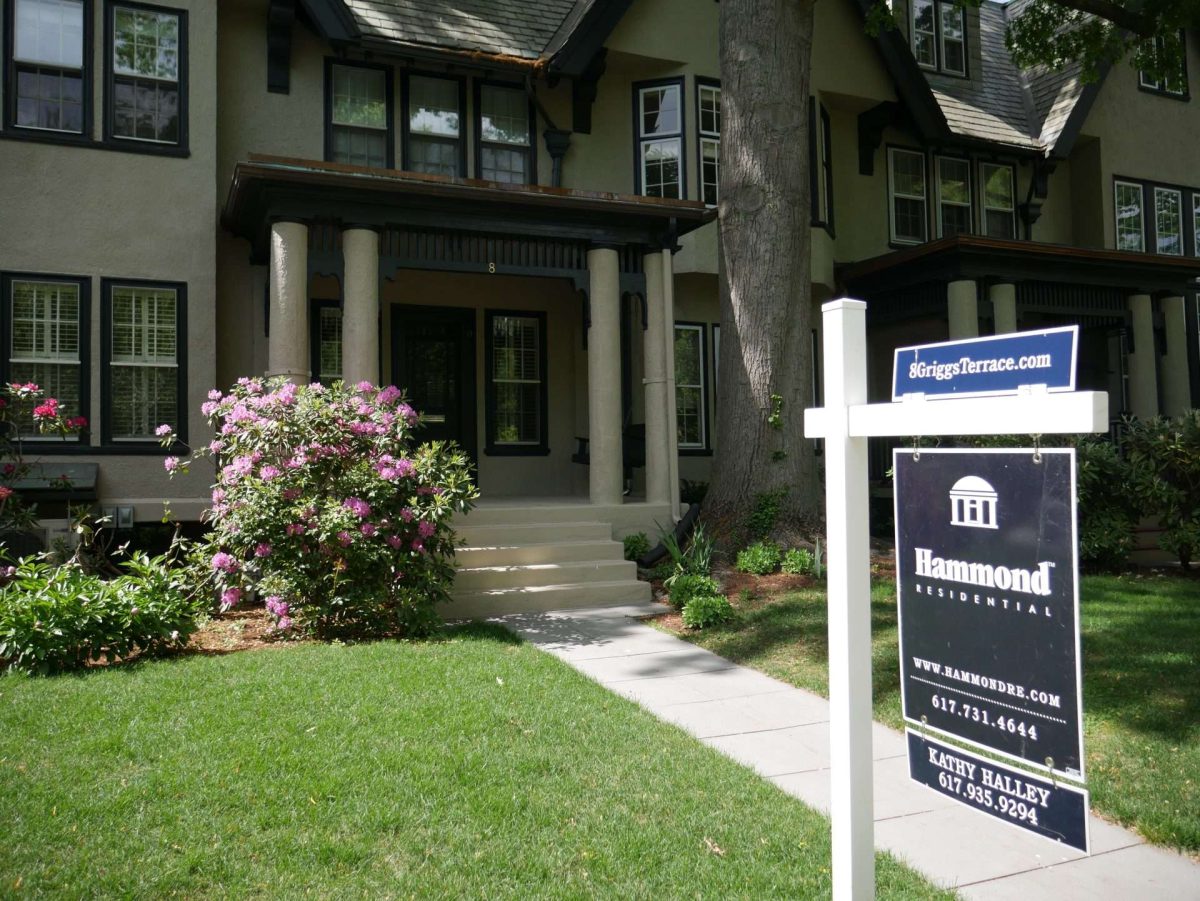T
he brokerage business is undergoing a significant consolidation moment, and owners who are ready to exit need to determine the fair value of their business. This involves understanding the hard numbers - revenue versus expenses - but also considering other factors that can impact valuation.
Fran Santangelo, founder of FX Consulting, notes that a common range for valuing brokerages is three to five times adjusted EBITDA (earnings before interest, taxes, depreciation and amortization). However, this number can be influenced by extraordinary or nonrecurring expenses. To get an accurate valuation, it's essential to be transparent about the business' financials.
Santangelo emphasizes that being open with accounting records is crucial when seeking a valuation from an independent third party. This includes ensuring consistency in charts of accounts across years and avoiding any FSBO (for-sale-by-owner) trappings where sellers may have an inflated sense of their business' value due to sentimental attachment.
When preparing for a sale, timing and communication are critical. Motivated sellers can expect to close within 90-120 days, but failure to return requests or being flaky can be damaging and lead to the deal falling through. Santangelo notes that time kills all deals, and it's essential to do things right without rushing into the transaction.
Ultimately, the market will dictate a brokerage's value, and investors or business owners who purchase a brokerage can bring cost reductions that buyers of real estate cannot. By being prepared and transparent, sellers can navigate the sale process successfully.














